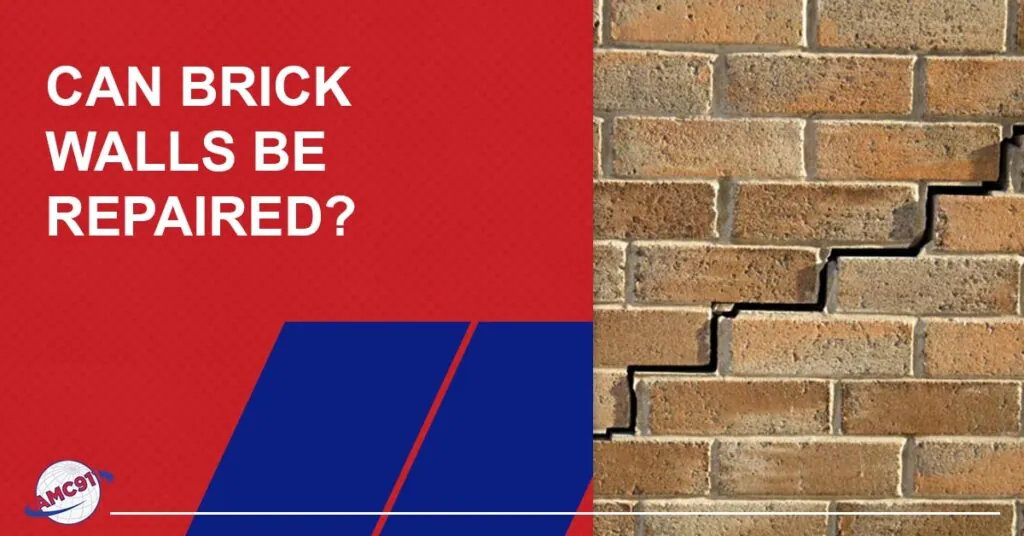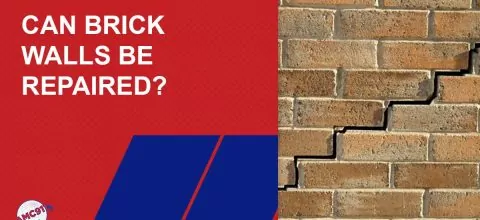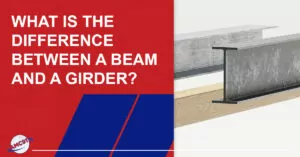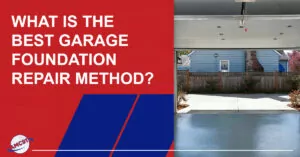Searching for information about brick wall repair? If so, you’ve landed on the right page because that’s what we’re going to talk about in this article. We’ll go over why brick walls deteriorate, signs you need brick wall repair, repair methods, and more.
Is It Possible To Repair A Brick Wall?
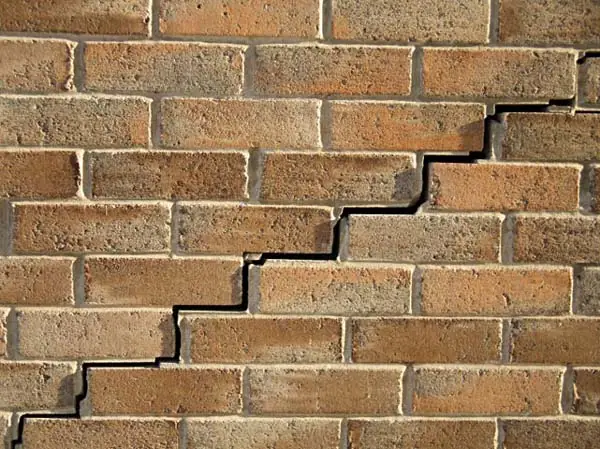
Yes, it’s possible to repair a brick wall. The key is to identify the cause of the damage accurately and implement the appropriate repair technique. The two most common brick wall repairs are repointing (removing and replacing the old mortar) and replacement.
Brick repointing
Repointing involves the restoration of the mortar between the bricks. This is done by removing the damaged mortar and adding new mortar. For more information about repointing, see Brick Repointing And Tuckpointing.
Brick replacement
Brick replacement involves removing the damaged bricks and replacing them with new ones.
What Causes Brick Walls To Crack?
The leading causes of brick deterioration and cracking include the following:
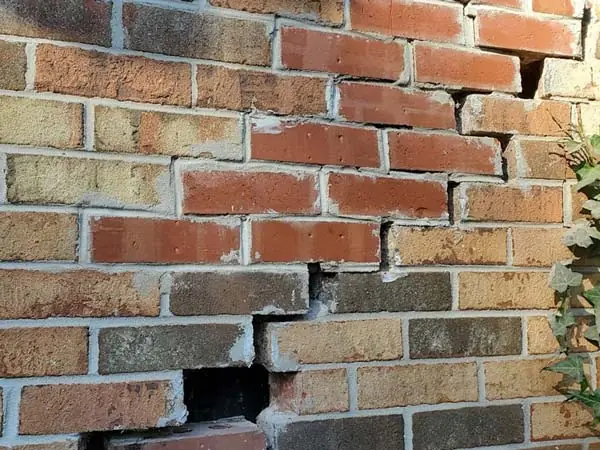
- Moisture – One of the primary causes of cracking in brick walls is the accumulation of moisture. When water seeps into the bricks and mortar, it can cause them to become saturated and eventually weaken over time.
- Temperature changes – As the bricks expand and contract with temperature changes, the stress on the mortar joints can lead to cracking and deterioration.
- Wear and tear – Another common cause of brick wall deterioration is the gradual wear and tear over time. Exposure to weather conditions, including sunlight, wind, and rain, can all contribute to the slow breakdown of brick-and-mortar structures.
- Differential settlement – Certain types of soil can also contribute to the weakening of brick walls and foundations.
- Poor construction practices or low-quality materials – In some cases, poor construction practices and low-quality materials can also contribute to the deterioration of brick walls. When bricks are improperly laid or joined together with weak or insufficient mortar, they are more likely to fail over time. Similarly, using low-quality materials during construction can lead to premature wear and tear.
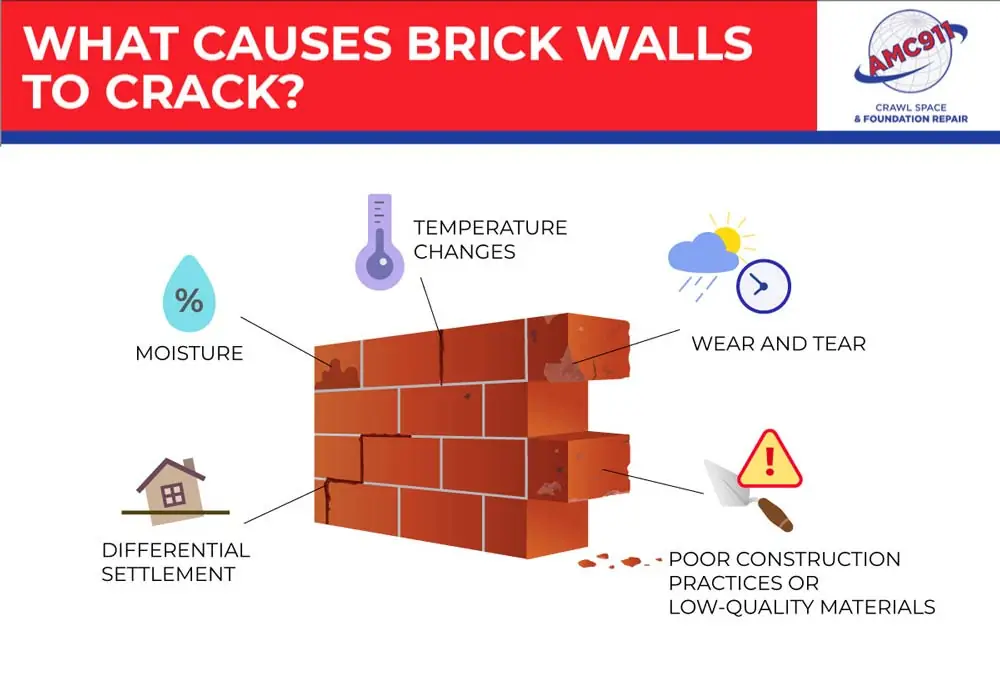
Types Of Cracks In A Brick Wall
Different types of cracks may occur in brick walls, and understanding each is crucial for proper identification and repair.
- Vertical cracks run straight up or down the brick wall. These cracks may be caused by poor brickwork, foundation settlement, or wall overloading, among other factors.
- Horizontal cracks are often caused by a lack of expansion joints, corrosion of wall ties, or the overloading of the wall. These horizontal cracks tend to be more severe than vertical cracks as they may indicate issues with the wall’s stability.
- Diagonal cracks, as their name suggests, run diagonally and may be caused by foundation settlement, soil movement, or external pressure on the wall.
- Stair-step cracks are almost always caused by structural issues.
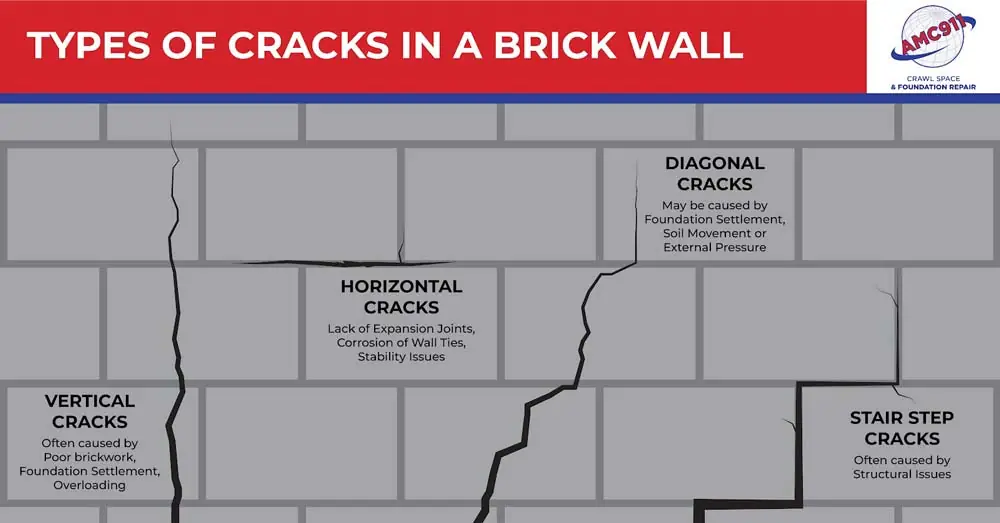
Generally, any visible cracks in a brick wall should be inspected and repaired immediately to prevent further damage to the structure. A professional, Class A Contractor that is established in masonry repair as well as foundation repair should be consulted for proper identification, assessment, and repair.
Signs You Need Brick Wall Repair
Signs that indicate you may need brick wall repair include the following:
- Cracks – The most visible sign of a damaged brick wall is cracks. You may notice hairline cracks or wider, jagged ones. These cracks may appear in individual bricks or could run along the length of an entire wall. In either case, they need to be addressed immediately.
- Bulging or sagging – A brick wall should be straight and even. If you notice that your wall is bulging or sagging in places, this indicates a problem with the wall’s structural integrity. It could be due to foundation issues or damage to the wall itself.
- Water damage – Brick walls are susceptible to water damage like any other material. If you notice that your wall is damp or has visible water stains, this could be a sign of water damage that needs to be repaired.
- Mortar erosion – Mortar is the material that holds the bricks together. Over time, it can erode due to weathering, temperature changes, or other factors. If you notice that the mortar is starting to crumble or fall out, this is a sign that you need repairs.
- Leaning chimney – Chimneys made of bricks are especially prone to damage. If you notice that your chimney is leaning, this is a clear indication that there is a problem somewhere. Contact a foundation repair professional immediately.
Any of the above signs may indicate that you need brick wall repair, and it is advisable to contact a professional to assess the damage.
How To Repair Brick Wall Cracks – Repointing
The following is the general procedure for brick repointing to remove and replace damaged mortar.
Step 1: Inspect the Affected Area
The first step in repairing brick wall cracks is thoroughly inspecting the affected area. Check for any signs of structural damage, such as cracks in the foundation. If the damage is extensive, it’s recommended that you seek professional help.
Step 2: Clean the Cracks
Once you’ve established that the damage is limited to the bricks and isn’t a foundation problem, the next step is to clean the cracks. Remove debris or loose material, and dust the area with a wire brush. Use a scraper to remove old mortar from the cracks to ensure that the new mortar adheres to the bricks effectively.
Step 3: Prepare the Mortar
The next step is to prepare the mortar for the repair. The mortar should have a consistency similar to peanut butter, and you can mix it using sand, cement, and a bonding agent. Add water to the mixture slowly until you achieve the desired consistency.
Step 4: Apply the Mortar
Using a trowel, spread the mortar over the affected area, filling the cracks and smoothing the surface. Make sure you apply enough mortar to ensure that it fills the cracks completely. Press the mortar firmly in the cracks using a pointing trowel.
Step 5: Finish the Repair
Once you’ve applied the mortar, use a jointing tool to create a clean, uniform joint. Brush off any excess mortar to give your wall a neat, finished look. Allow the mortar to dry for at least 24 hours before painting or applying any finish.
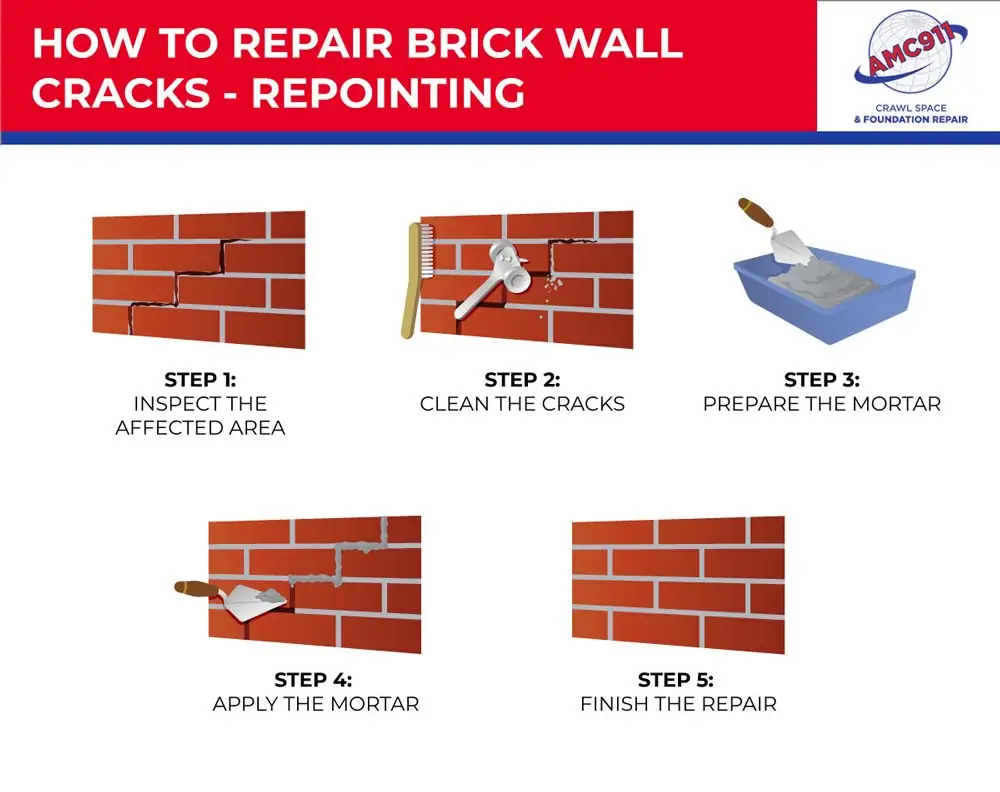
DIY Brick Wall Repair Or Hire A Professional Mason?
When it comes to repairing a brick wall, many homeowners are faced with whether to tackle the job themselves or hire a professional mason. While some minor repairs can certainly be completed as a DIY project, more extensive repairs may require the experience and expertise of a skilled mason.
One of the main factors to consider when deciding between DIY and professional brick wall repair is the extent of the damage. If the damage is limited to a few cracks or a small section of the wall, a homeowner with basic DIY skills can likely handle the repair with the help of some essential tools and materials. However, if the damage is more extensive or involves structural issues, it’s time to contact a foundation repair contractor or professional mason.
Another important consideration is the cost of the repair. DIY repairs can be significantly cheaper than hiring a professional, but the potential for mistakes can outweigh cost savings. A botched DIY repair can cost more in the long run if it leads to further damage or requires professional intervention.
Ultimately, the decision to DIY or hire a professional will depend on the homeowner’s skill level, comfort level with tools and materials, and the nature and extent of the damage. It’s important to weigh all the factors and make an informed decision that will result in a sturdy and long-lasting repair.
If you need brick wall repair for your Hampton Roads home, contact AMC911 today and schedule an evaluation by one of our professional masons.

